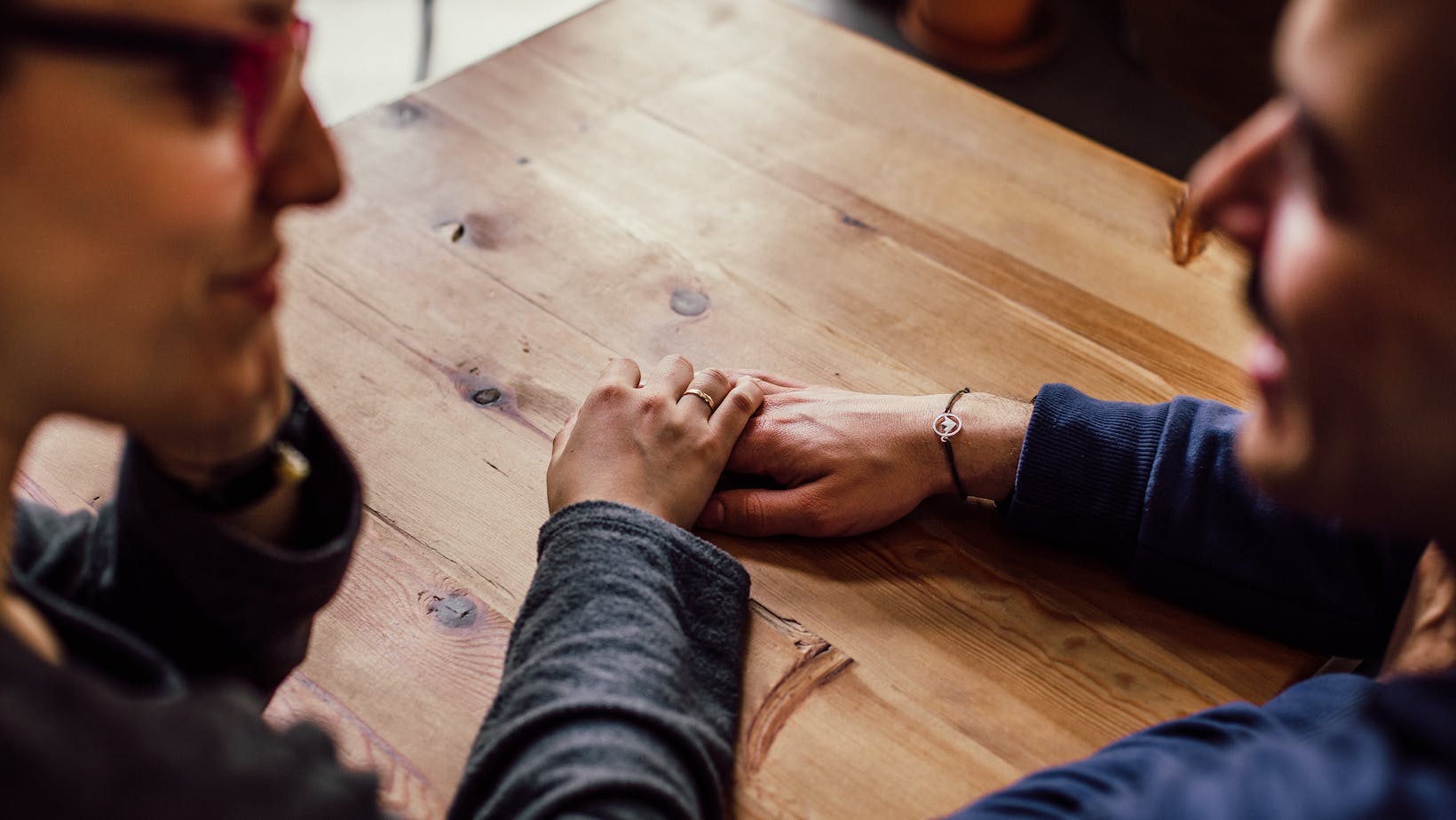You Look Lonely I Can Fix That
Feeling lonely? It’s a sentiment more common than you might think. In our increasingly connected world, it’s easy to feel disconnected and alone. But don’t worry; I’m here to tell you that it doesn’t have to be this way. I can help you overcome loneliness with some tried-and-true strategies.
The first step in combating loneliness is understanding why we feel this way. Is it because we’re physically isolated from others, or could it be a deeper emotional disconnect? Sometimes, the feeling of loneliness can stem from not feeling understood or valued by those around us.
I’ll guide you through practical steps and effective strategies to combat loneliness, aiming for a happier, more fulfilled life. Whether your loneliness is due to physical isolation or an emotional disconnect, there are ways to reconnect and find companionship again.
The Importance of Connection
Connection is a fundamental human need. I’m not just talking about romantic connection, but also friendships, familial ties, and even casual interactions with strangers. Research backs this up – we’re social creatures by nature and thrive when we have meaningful relationships in our lives.
I’ve seen it myself time and again. People who are isolated tend to suffer from a host of issues like depression, anxiety, and stress-related illnesses. On the flip side, those who cultivate strong connections often report higher levels of satisfaction and well-being.
But why is connection so vital? Let’s dig into the science behind it. When we connect with others, our bodies release oxytocin – often dubbed the ‘love hormone’. This nifty little chemical works wonders for our mental health. It helps us feel happier, more relaxed and reduces stress levels.
Here’s what you need to remember:
- Interactions with others spur the release of oxytocin
- Oxytocin boosts happiness levels
- This hormone can decrease your stress
However, if you’re feeling lonely or disconnected from people around you – don’t despair! There are plenty of ways to forge new connections or strengthen existing ones. You could join a local club or society that matches your interests, reach out to an old friend for a catch-up chat or make it a point to spend quality time with loved ones every week.
In essence: making connections isn’t just about avoiding loneliness – it’s about enhancing overall life satisfaction too. Whether you’re seeking friendship, romance or simply a friendly chat at the coffee shop counter – each interaction carries its own unique value.

Recognizing Loneliness
Loneliness can be a sneaky and insidious companion. It often creeps up on us without any warning, wrapping its cold arms around our hearts before we even realize it’s there. The key to combating loneliness is first recognizing it in ourselves or others.
It’s important to remember that feeling lonely doesn’t mean you’re alone. In fact, according to a study from the University of Chicago, nearly half of all Americans report feeling lonely at least some of the time. Yet many people don’t recognize these feelings as loneliness.
Why? Well, because loneliness isn’t just about being physically alone. It could manifest as an overwhelming sense that no one truly understands you or cares about your experiences. You might feel isolated even when surrounded by people – like you’re on the outside looking in.
However, there are signs you can watch out for:
- A persistent feeling of sadness or melancholy
- Difficulty connecting with others despite being in their company
- A lack of interest in activities once enjoyed
- Constantly feeling misunderstood
Recognizing these signs can be tough but it’s essential for taking steps towards finding connection and healing.
We also delved into various strategies on combating loneliness – from fostering social connections to engaging in enjoyable activities or volunteering. But let’s not forget about self-help techniques like mindfulness and meditation too!
Let me round off by stressing the importance of professional help when needed. Not all battles are meant to be fought alone and there’s absolutely no shame in reaching out for assistance when things get tough.
Remember:
- Empathy goes a long way
- Strategies vary: what works for one might not work for all
- Don’t shy away from professional help if needed
With this understanding under your belt now, you’re better equipped next time someone signals they’re feeling lonely – maybe even before they have to say anything at all!
As we wrap up this discussion on “you look lonely, I can fix that”, I hope you’ve found value in my insights and examples drawn from personal experiences and research findings alike. Together we can build bridges over the chasm of loneliness – because nobody deserves to feel utterly alone in this world teeming with potential companionship.


